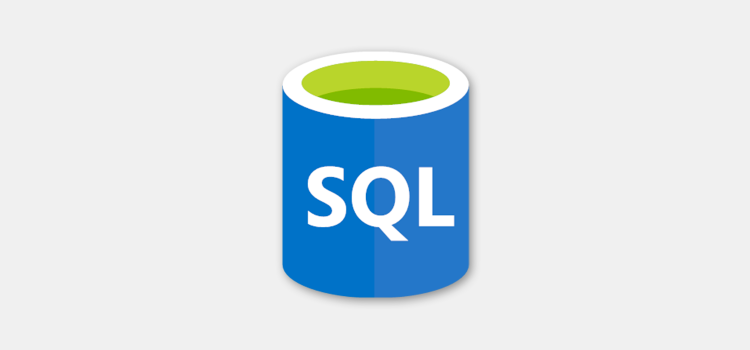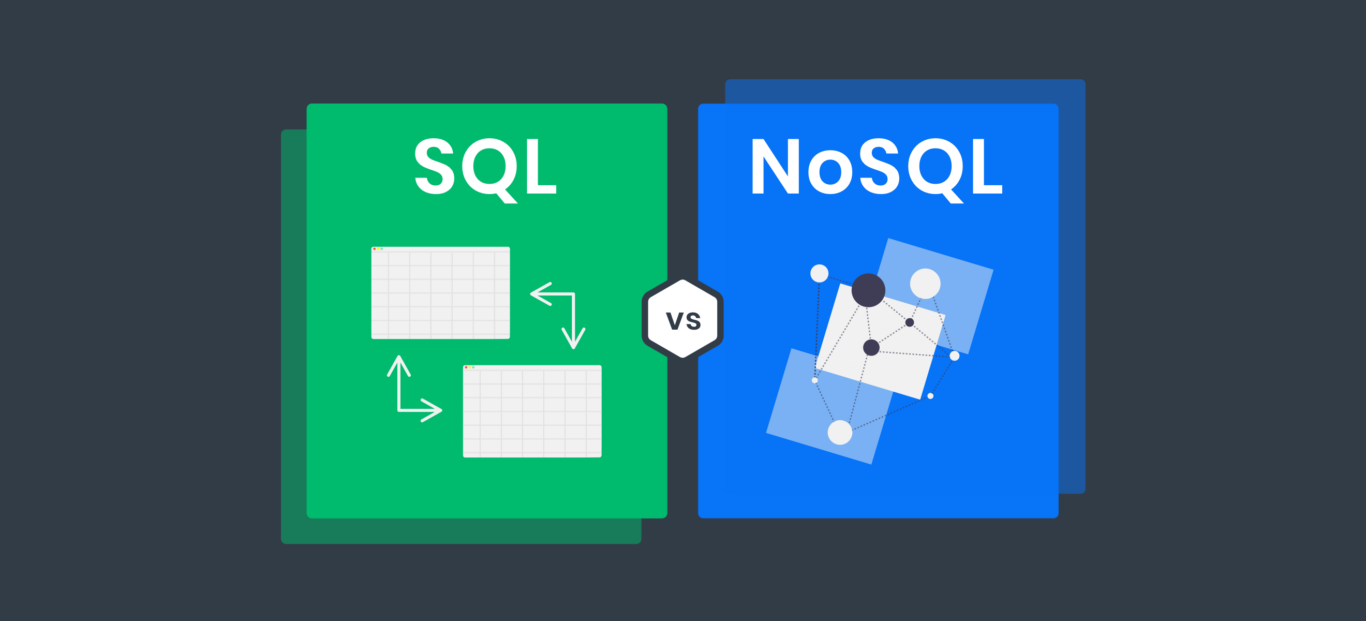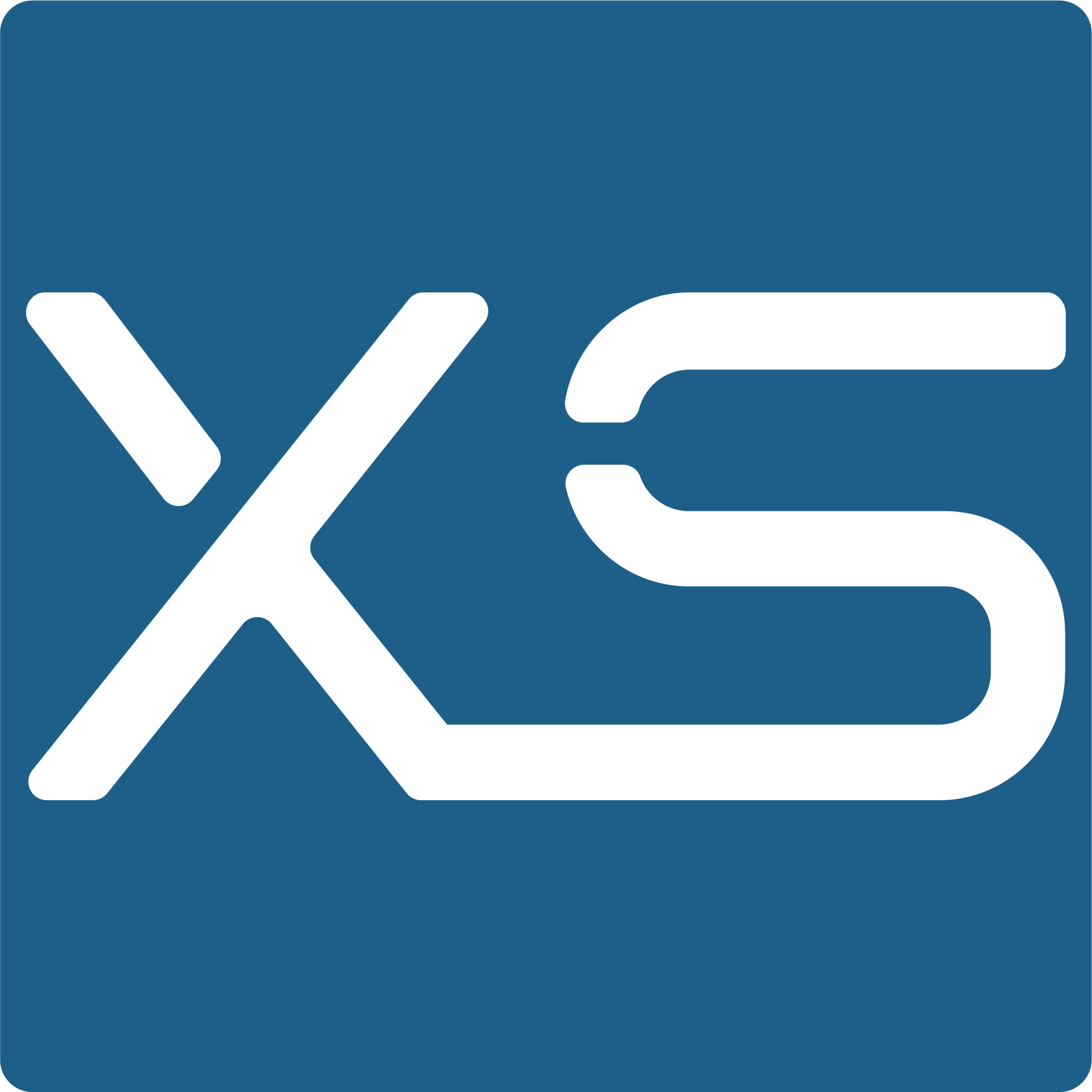There is no hard and fast rule about when to utilize a SQL database vs. a NoSQL database.
Instead, determining the components of your cloud data storage involves a thorough examination of the data you’ll be reading, writing, and storing.
It will take several stages to answer the question of whether NoSQL or SQL is better for my application.
However, you should think about what you want your data to perform for you. SQL databases are failing to keep up with the increasing demands for data processing. As a result, you’re more likely to hear about NoSQL and its capabilities.
How to Decide Between a SQL and NoSQL Database
You must consider numerous criteria in order to answer the question of what is ideal for my application.
We’ll go through each of these characteristics and how they could influence your decision between SQL and NoSQL.
1. Data Structure
When deciding whether SQL or NoSQL is better, the structure of your data is the most critical factor to consider.
A SQL database should be used when the majority of your data is structured.
SQL works well with transactional applications like e-commerce platforms, CRMs, and accounting systems.

Ideal SQL Database Structure
Each row in a SQL database represents an entity, such as a customer.
You can also add extra properties to that row, such as the customer’s name, phone number, and mailing address.
SQL databases are suited for ACID compliance because of their structure (though some NoSQL databases are ACID-compliant).
The compliance protocols safeguard your information by defining what a transaction is and how it affects your database. You can be sure that the data will be in sync if you do it this manner.
This ensures that key transactions are recorded appropriately and accurately. Relational or analytical databases are the only options for SQL databases (OLAP).

Ideal NoSQL Database Structure
NoSQL, on the other hand, is an excellent solution when your data requirements are less organized.
Data in NoSQL databases can be far more adaptable, and multiple models can be used. You can organize your data in the following structures within these databases.
- Key-value
- Column
- Graph
- Document
These formats enable you to accomplish the following actions.
- Write papers without first determining their structure.
- Add new fields to the database without affecting the names of existing ones.
- Documents can be stored in any structure, even one that is wholly unique.
- Use alternative structures and terminology to organize data in several databases.
While SQL is ideal for transactional data, NoSQL is ideal for storing content data such as articles and social media posts.
The question is whether you require structured, unstructured, or semi-structured data while using SQL or NoSQL.
You should utilize NoSQL unless you need organized data.
2. NoSQL vs SQL for Data Queries
After you’ve figured out how your data is organized, you’ll need to decide whether or not you require data queries.
However, the question isn’t whether you need to query data, but how quickly you need those queries to run and who is in charge of doing so.
You can query data with ease thanks to the structure of SQL databases. The SQL language has been around for decades, despite being tedious. The language is well-developed, with plenty of resources to back it up.
As a result, SQL databases are extremely simple to query and retrieve data from.
The language is simple and easy to learn, while being monotonous.
Querying the data in NoSQL might be difficult due to its flexibility and lack of a well-organized structure. It is feasible to query these databases, but it is inefficient and requires a little more knowledge.
The developers who came up with the idea for NoSQL were looking for a flexible, scalable answer. Their purpose was not to find a query format that was efficient. However, as NoSQL grows more prevalent, many developers and data scientists have honed their skills in searching data efficiently.
Should I use SQL or NoSQL? The answer depends on how and how often you query your data.
Because of NoSQL’s flexibility and scalability, completing a query will need additional data processing.
To make the procedure easier, some programmers provide the ability to query data in the application layer rather than the database layer. However, as NoSQL grows more prevalent, many developers and data scientists have mastered the art of searching data effectively.
Should I use SQL or NoSQL? will be answered by determining how and how often you query your data.
3. SQL vs NoSQL Database Scalability
Databases in SQL and NoSQL scale differently.
So, before you start building your app, think about how big you want it to get.
In the future of your application, how will your data grow and transform?
SQL databases can only scale vertically, so you’ll need to maintain all of your data on one server and upgrade it as needed. To accommodate modifications, you’ll need to upgrade your RAM, SSD, or CPU. Maintaining the integrity of your data necessitates storing it all on a single server.
NoSQL databases, on the other hand, can scale horizontally, meaning you can add more servers to suit your rising needs.
One of the most significant advantages of a NoSQL database over a SQL database is its ability to scale horizontally.
Because of its lack of structured data, NoSQL is able to scale so well.
Each object in the database is self-contained, which means that the objects can be stored on various servers and do not need to be linked for the database to work.
SQL data, on the other hand, is organized in rows and columns that are dependent on one another for relational data.
Examining your company goals is the best way to estimate your database’s scaling requirements. And when you do this, look as far ahead as you can, not just a couple of years, because upgrading databases for your application will be a time-consuming and costly endeavor.
You can read more useful articles by clicking here.

